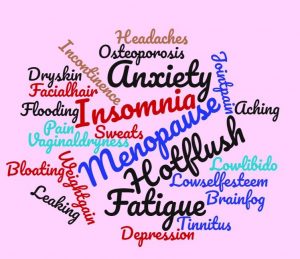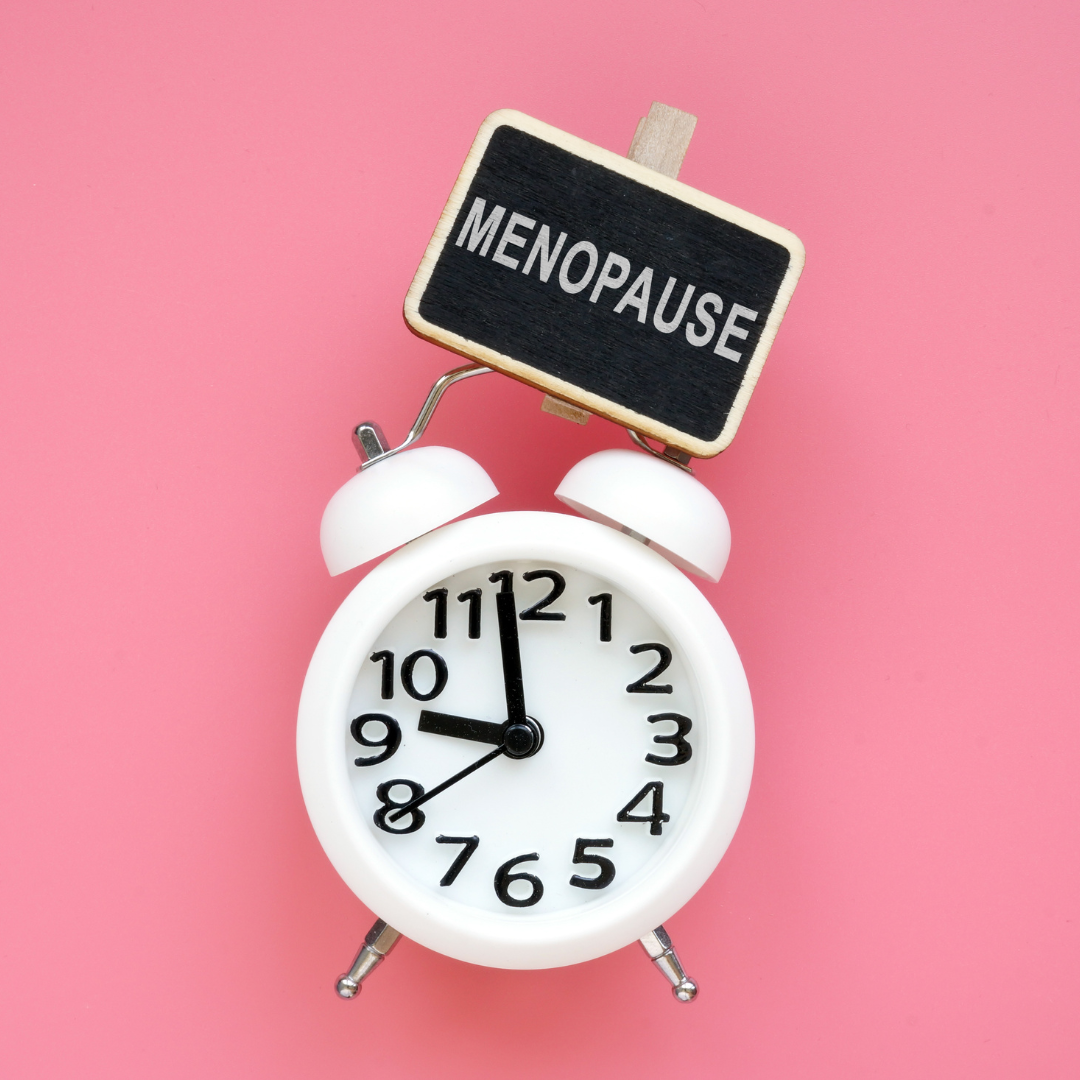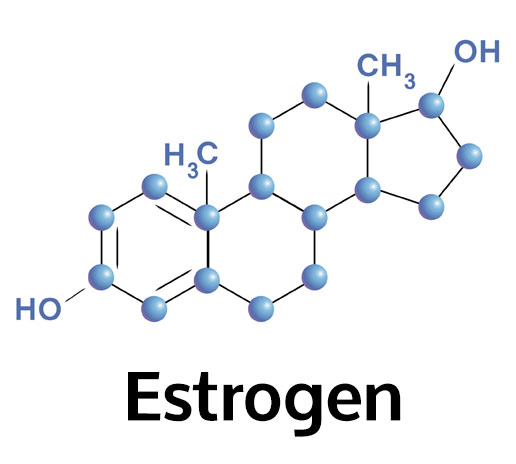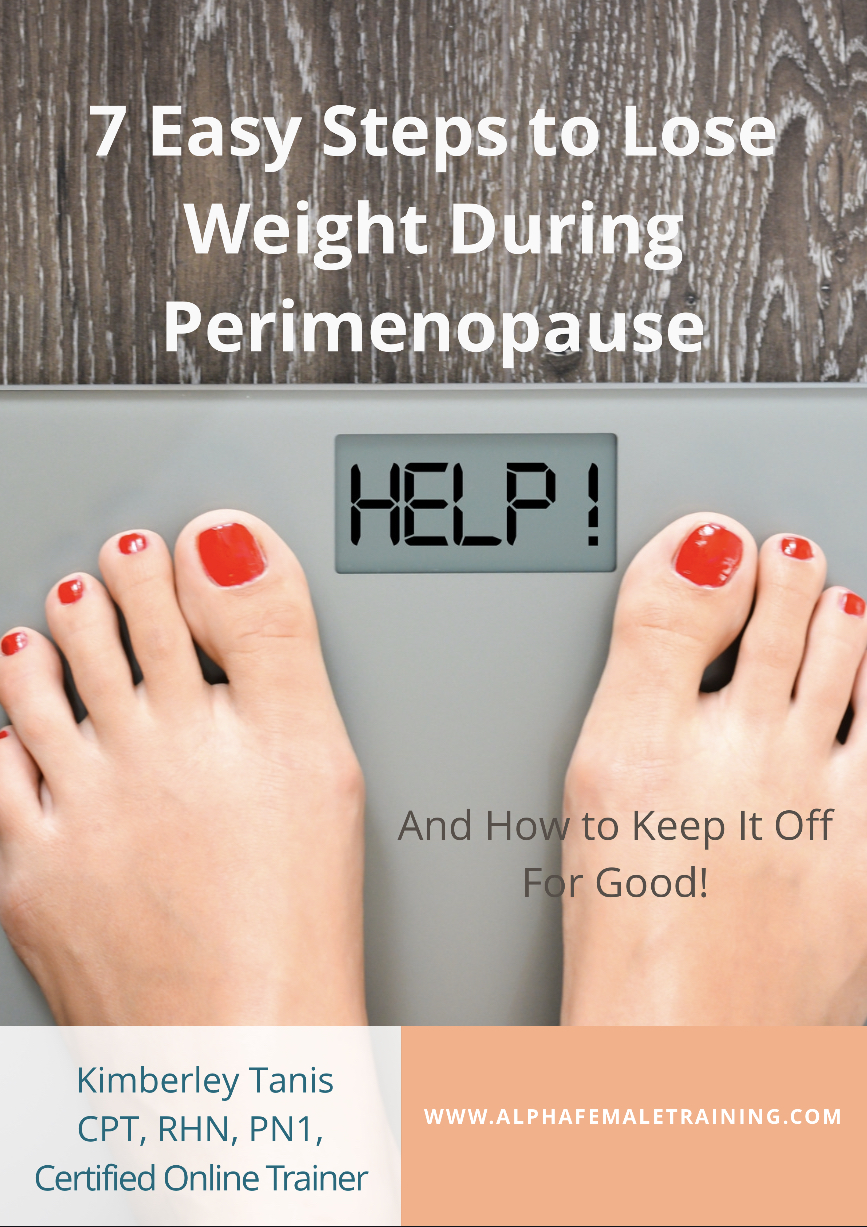What is Hormonal Weight Gain?
As women age, it's common and super frustrating for us to experience hormonal changes that can impact our weight. Hormonal weight gain in women over 40 can be aggravating and difficult to manage, but it's important to understand why it happens and what steps can be taken to address it. If you're reading this you're probably wondering what is hormonal weight gain.
Hormones act as crucial chemical messengers in our body, impacting various bodily processes. However, when hormones are not appropriately regulated, they may lead to weight gain or difficulty losing weight. Hormonal weight gain is a multifaceted issue, but what if there were a few simple ways to address it? In this article, we will explore the causes of hormonal weight gain and discuss effective solutions to tackle it.

What is hormonal weight gain? It refers to the accumulation of body fat in specific areas of the body. Unlike regular weight gain, which results from an energy (calorie) imbalance where the body consumes more calories than it burns, hormonal weight gain occurs due to imbalances in hormones or hormonal disorders.
What Is Hormonal Weight Gain in Women Over 40 Caused By?
There are a few different factors that can contribute to hormonal weight gain in women over 40. One major factor is menopause, which typically occurs between the ages of 45 and 55. During this time, a woman's body stops producing as much estrogen and progesterone, which can lead to weight gain in the abdominal area.
Another factor is thyroid function. As women age, their thyroid function may decrease, leading to a slower metabolism and weight gain. Additionally, changes in cortisol levels, which can occur as a result of stress, can also contribute to weight gain.
Finally, lifestyle factors such as a lack of exercise or even just daily movement and a diet high in processed foods and sugar can also contribute to hormonal weight gain in women over 40.

Chronic Stress and Hormonal Weight Gain
Stress can have either positive or negative effects on a woman, depending on how it's managed. While it can help improve productivity and meet work deadlines, chronic stress can lead to adverse health outcomes, including changes in body shape, due to the presence of a hormone called cortisol.
Cortisol is a hormone that is released by the body during stressful situations. While it is crucial in activating the fight-or-flight response to prepare the body to respond to danger, excessive amounts can be harmful.
Cortisol stimulates the metabolism of carbohydrates and fats, which increases energy levels. However, this process can lead to persistent cravings for sugary and fatty foods, which can contribute to weight gain.
Furthermore, heightened cortisol levels due to stress can lead to an increase in your appetite, causing women to consume more food than usual. Stress can also trigger constant snacking throughout the day as a temporary relief mechanism, leading to the accumulation of stubborn belly fat.

Other possible reasons for hormonal weight gain
When the amount of hormones in the body changes, it results in hormonal imbalances. Even minor hormonal imbalances can have significant consequences due to the critical role hormones play in the body. Estrogen is one of the essential sex hormones that regulates critical metabolism features, such as food intake, body weight, body fat distribution, and energy expenditure. Thus, either low estrogen levels or excessive amounts of estrogen can cause hormonal weight gain.
Excess weight around the chest, thighs, and arms are all indications of hormonal weight gain caused by estrogen. Research suggests that the absence of estrogens may be a critical factor in obesity. On the other hand, estrogen dominance, which occurs when the body has too much estrogen, can also contribute to hormone-related weight gain.

How Can Hormonal Weight Gain in Women Over 40 Be Managed?
While hormonal weight gain in women over 40 can be difficult to manage, there are steps that can be taken to address it.
One important step is to focus on a healthy diet. Eating a diet that is high in whole foods such as fruits, vegetables, whole grains, and lean protein can help to manage weight gain. Additionally, reducing sugar and processed foods can also help to regulate hormones and reduce inflammation in the body.
Another important step is to focus on regular exercise. Exercise can help to boost metabolism, regulate hormones, and reduce stress levels, all of which can help to manage weight gain. Aim for at least 30 minutes of moderate exercise most days of the week.
In addition to diet and exercise, there are also a few supplements that can be helpful in managing hormonal weight gain in women over 40. For example, omega-3 fatty acids have been shown to reduce inflammation in the body and regulate hormones. Additionally, supplements such as black cohosh and evening primrose oil have been shown to help manage symptoms of menopause.
Finally, it's important to focus on stress management. Stress can contribute to hormonal weight gain, so finding ways to reduce stress levels can be helpful. This might include practices such as meditation, yoga, or deep breathing exercises.
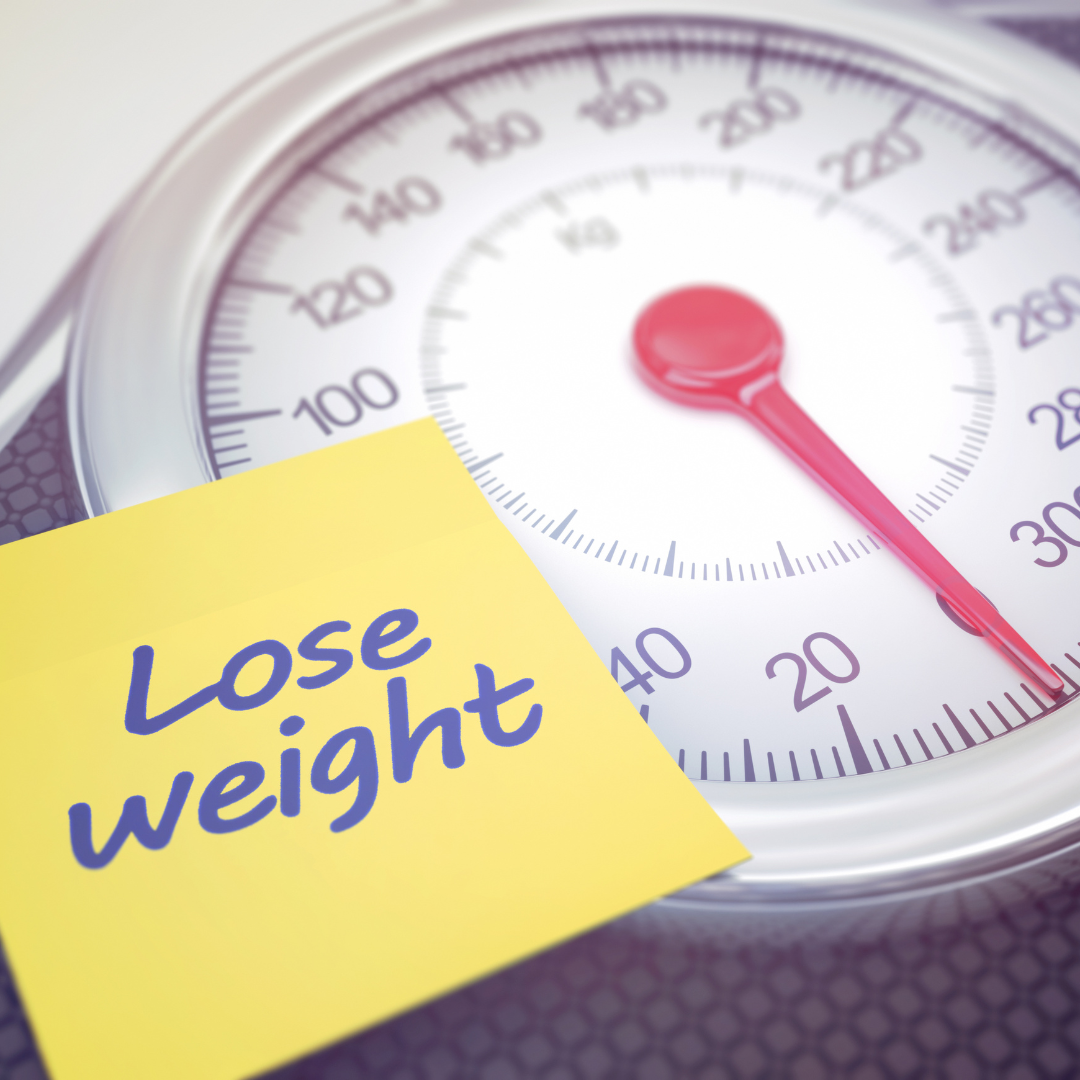
Hormonal weight gain in women over 40 can be frustrating and difficult to manage, but there are steps that can be taken to address it. By focusing on a healthy diet, regular exercise, and stress management, women can reduce the impact of hormonal changes on their weight. By asking what is hormonal weight gain you have already taken the first step to turn it around!
Supplements such as omega-3 fatty acids, black cohosh, and evening primrose oil can also be helpful in managing hormonal weight gain. With a holistic approach, women can manage hormonal weight gain and maintain a healthy weight throughout their lives.
